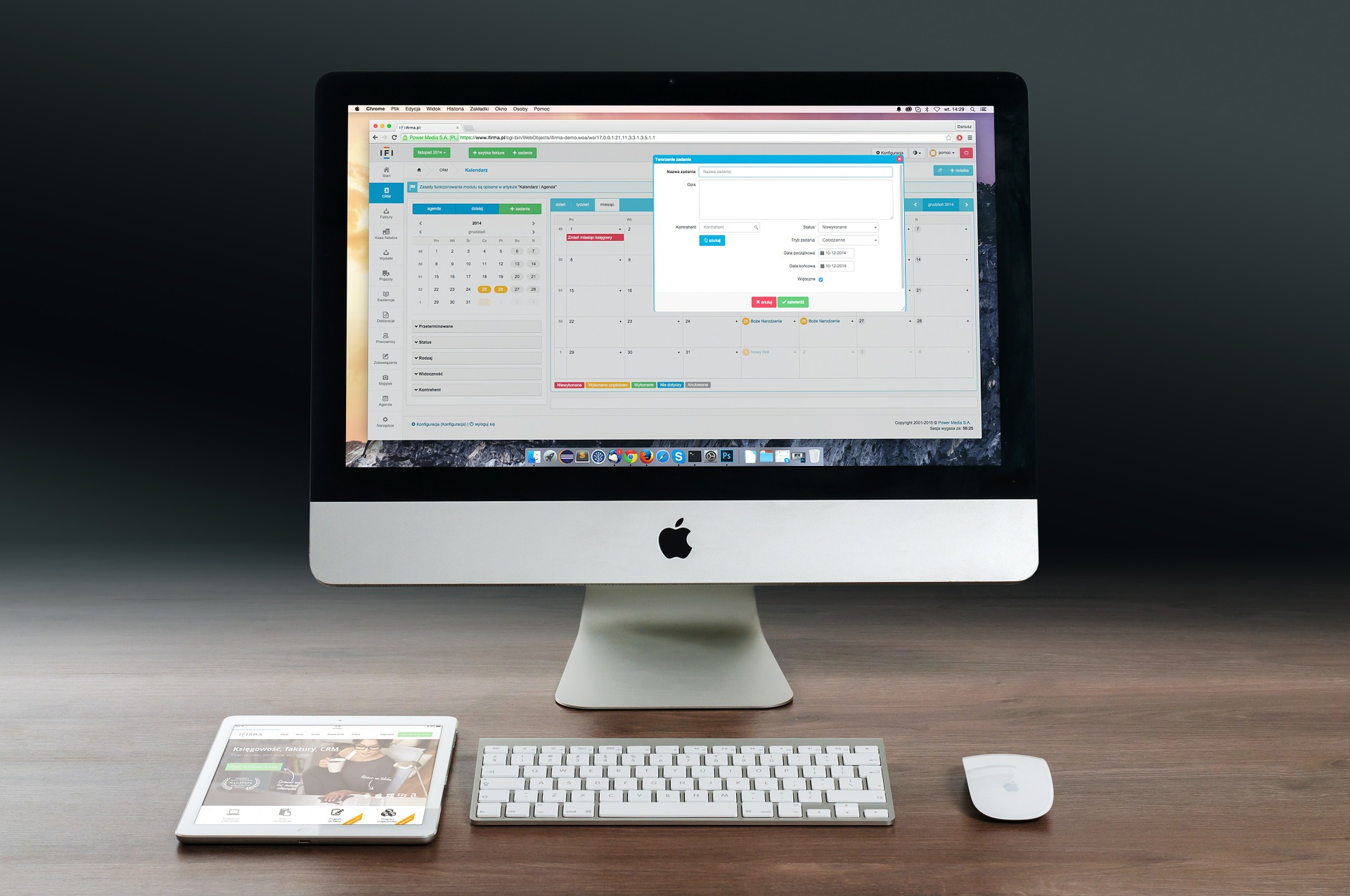Useful Keys To Career Planning
Career planning is something that you need to do on a continuous basis. What helps the most in career planning is to understand your skills, abilities and your talents.When these things are clear to you, then career planning is easier.
Before You Plan
Before you start your career planning and goal setting, you need to know what your career values are. You need to understand what is important to you and what matters the most. These can also be called your career principles. You also need to ask yourself some questions. These questions will help you enormously with your career planning.
- What are you passionate about?
- What would you like to do every day?
- Do you find your current career or job fulfilling?
When you answer these questions you will get answers to some important aspects of your career.
- Are you happy with your current career?
- Would you be happier doing something else?
These questions are on the same lines, but they also help to define your career satisfaction, which is important to career planning.
Your Environment Matters
Another aspect of career planning is the environment you work in. If you are not comfortable with the environment in your workplace, then you can work towards changing your career. This again becomes easier with some strategic career planning. The last and most important question you need to ask yourself is: does your current career allow you to satisfy your dreams and goals in life? If it doesn’t, then you need a change immediately.
Consider Your Career Goals
Before jumping into another employment, consider your career objectives 5, 10, and even 20 years from now. For example, if you will likely turn into an official, then consider where you’d have to live and what sorts of positions you should be contracted for to get that going. On the off chance that you will probably possess your own particular business, consider the means expected to end up distinctly a business person in your field and what you’ll have to do to be effective. On the off chance that your objective is opportunity over your work hours, consider what kind of setup you would require so as to work from home or in independent positions. On the off chance that you will likely resign early, you’ll need an arrangement to get that going also!
Setting Goals for Career Planning
It is important that you set goals in your career planning effort. Without goals and targets, you are most likely going to be lost and confused. Realistic goals are important because it doesn’t help to set goals that are unreal and unachievable. The key here is when you set some realistic goals and achieve them, you will feel good about yourself and work doubly hard at your career.
Career goals need to be manageable. If you are working as an executive and your goal is to become CEO in the next two years, wake up my friend and smell the coffee. This is not going to be possible unless you are related to the CEO of the company and even then it is not going to be easy. Set small and manageable goals where your career plans are concerned.
Be Patient
It requires patience to decide your career and life objectives, pick the correct career way, find a mentor,and build your network. Realize that it will probably take quite a long while of commitment and diligent work to create the career you need. Along these lines, it’s essential to deal with your desires and ensure that the objectives and courses of events you set for yourself are sensible and achievable, so you can be happy and gainful as you work your way up.
You need to work at your goals systematically. Keep working at one goal at a time; do not be disorganized and chaotic, as this will get you nowhere. Systematic planning is the key. Also have some strategy in place to help and guide. Without a plan, you will find it harder to achieve success.
Career planning isn’t rocket science; follow the tips above and you’ll be well on your way!
Learn more about Career Planning



